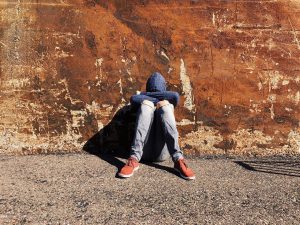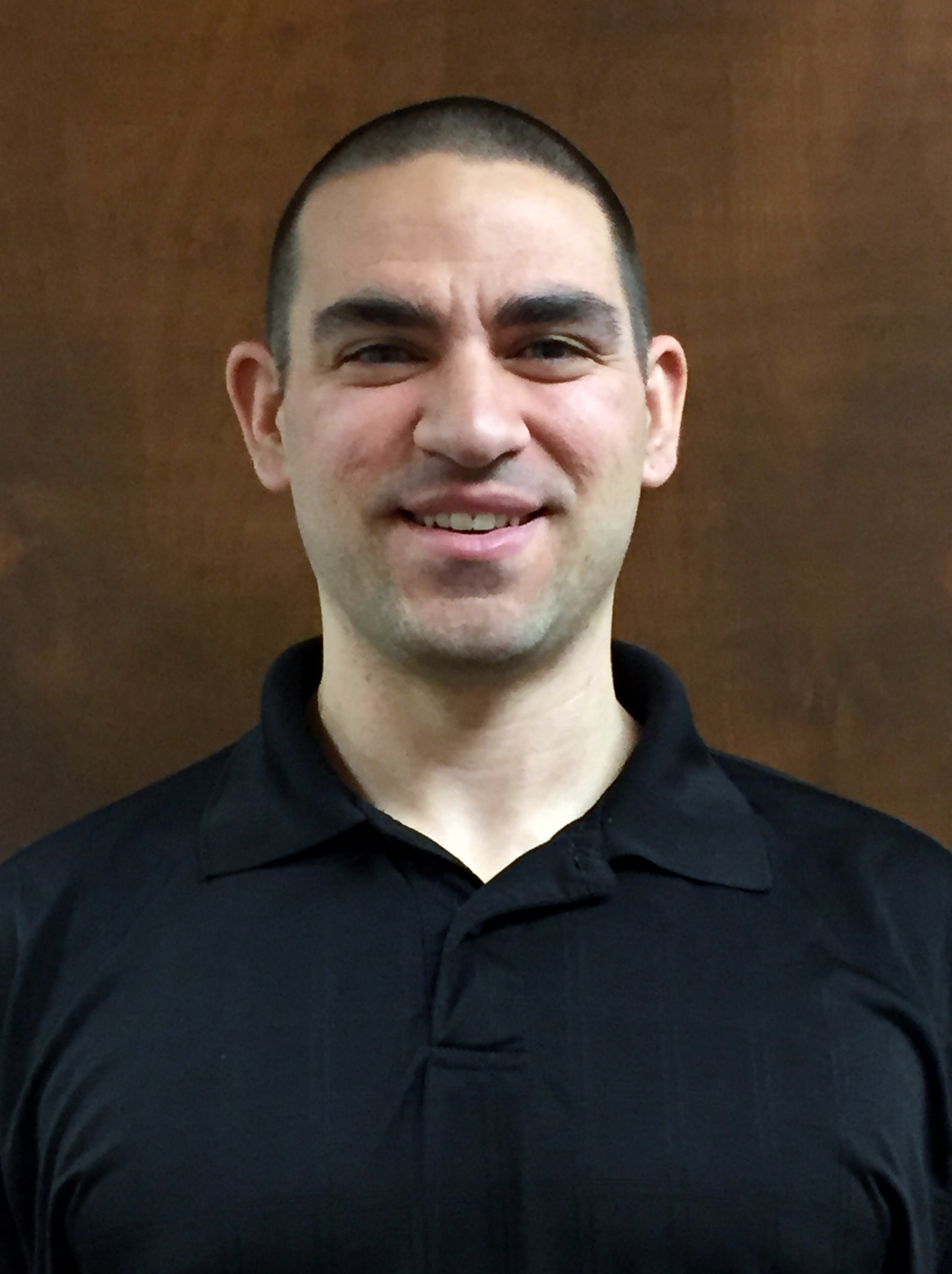Youth – Free Time and Gambling Posted On
Youth are overcoming many challenges before them during this time of social distancing. We need to support them by helping them positively utilize their free time and avoid gambling, especially as summer approaches.
The Problem with Youth Gambling
Youth are at a stage of human development when their brain is growing and maturing at an exceptional rate. Any activity that youth engage in plays a part in shaping the development of their brain. If they choose to use gambling as a way to relax and cope with problems, their brain will develop believing that gambling is required to “feel good.” If their brain develops believing it needs gambling, their brain will develop primed for a gambling addiction.
Free Time and Gambling
Some youth choose to fill their free time by gambling for many of the same reasons the adults do. Some reasons include boredom, to be social with peers, to escape problems and to seek excitement. Although this is similar to adults, it’s important to remember that their developing brains are not prepared to make the best decisions for their own wellbeing.
Youth also choose many of the same types of gambling activities that adults do. Based on a 2014-15 study conducted by OASAS, youth gamble on the lottery and scratch-off tickets, raffles and charity games, and on sports. Additionally, a large and growing number of youth are also gambling on video games online using real money, in-game items and/or in-game currency.
Although many traditional forms of gambling are not available right now, online gambling is thriving and growing. It’s important that youth are aware of the consequences of underage gambling, and taught how to make the best choices to fill their free time.
Consequences of Youth Gambling

Gambling is called the hidden addiction because it is easier to hide than other addictive activities. Alcohol and drug use have obvious outward signs, such as slurred speech and difficulty with motor skills (i.e. walking). Problem gambling does not have such obvious signs. Therefore, it’s important to know the consequences of youth gambling to know what to look for. These consequences include an increased risk for:
- Delinquency and crime;
- Substance use and abuse;
- Damaged relationships;
- Poor academic performance;
- Mental health issues, such as depression and anxiety;
- Poor general health; and
- Addiction
Taking Action to Reduce Youth Gambling
Start talking with your kids. Have a conversation about the risks of underage gambling and your disapproval of their gambling. For tips and talking points, you can visit Talk2Kids.org. There you’ll find videos and resources to help start the conversation.
Help kids fill their free time. Help kids focus on being a part of each level of their community. These include focusing on:
- Immediate family through in-house chores;
- Local community by helping neighbors with their yard work
- Community contribution through volunteer work and, for youth old enough, focusing on finding and holding employment.
These types of tasks help give youth through structure and routine while also filling their time with positive, contributing activities they can take pride in.
Connect those in need to care. If you believe a youth is struggling with a gambling problem, there is help. Throughout New York State, local Problem Gambling Resource Centers (PGRCs) are open to support those struggling with, as well as families affected by, gambling problems. Call your local PGRC for information, today!

